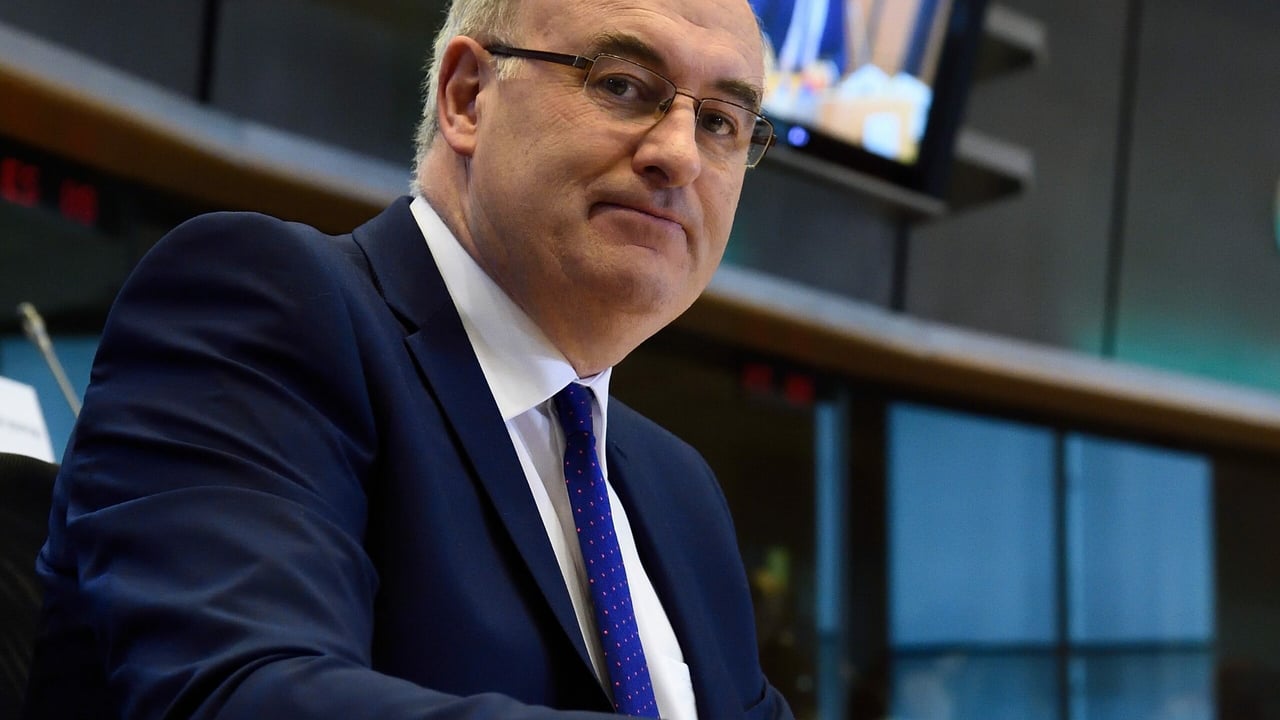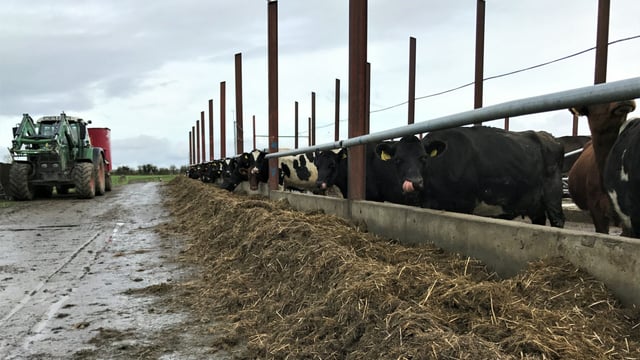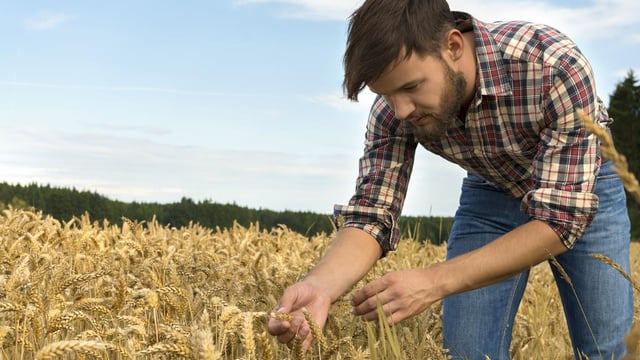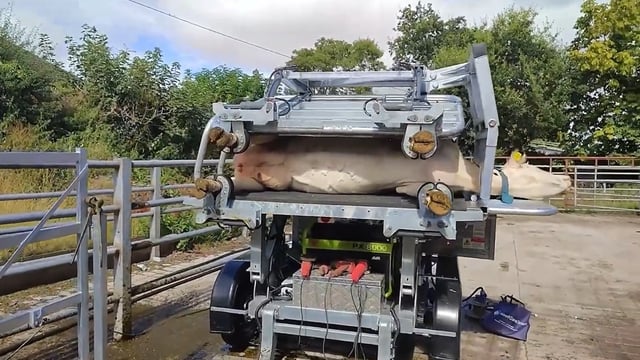EU green light for 'simpler and fairer' CAP post-2018
Rules to simplify the European Union’s (EU’s) farming policy, boost farmers’ bargaining power and better equip them to face risks have been endorsed by the European Parliament’s Agriculture Committee.
The update of the Common Agricultural Policy (CAP) rules, provisionally agreed by the parliament’s and council’s negotiators on October 12, and endorsed by the council’s Special Committee on Agriculture on November 15, was today given a green light from the parliament’s Agriculture Committee by 39 votes in favour, to five against.
To boost farmers’ bargaining position in the food supply chain, and ensure its fair functioning, the approved text allows all recognised farmer organisations to plan production and negotiate delivery contracts on behalf of its members without falling foul of the EU’s competition rules.
Collective negotiations have so far been allowed only for milk, olive oil, beef, cereals and arable crops producers.
It will also provide farmers with better tools to face market and production risks.
Due to a series of agricultural crises in recent years, MEPs insisted that farmers must be given better tools to protect themselves from both market volatility and unforeseen production risks – such as adverse weather conditions, plants pests or animal diseases.
More flexibility for active and young farmers
The agreed text gives member states more flexibility to define an active farmer; i.e. a person eligible for EU farm subsidies. EU funding will continue to be reserved for those who carry out the minimum farming activities.
However, as of 2018, national governments could relax existing requirements to make blacklisted entities – i.e. businesses by default not recognised as active farmers – eligible for EU subsidies, or even do away with the blacklist completely.
MEPs ensured that member states would be allowed to increase young farmers’ top-ups from 25% to 50% of the basic payment entitlement; but within the same range of first hectares (25-90).
Young farmers could now benefit from the top-up for a full five years regardless of when, during this period, they apply for it.
Background and next steps
The CAP-related articles of the so-called “Omnibus” regulation were split from the non-agricultural part of the draft law on EU spending by the November 16 decision of parliament’s Conference of Presidents to ensure speedy entry-into-force of new EU farming policy rules.
The agreed text now needs to be confirmed by the European Parliament and European Council as a whole – probably during its December 11-14 plenary session in Strasbourg. It should enter into force as of the beginning of next year.





